Table of Contents
Quality Service Guarantee Or Painting Free

Get a rental agreement with doorstep delivery

Find the BEST deals and get unbelievable DISCOUNTS directly from builders!

5-Star rated painters, premium paints and services at the BEST PRICES!
Loved what you read? Share it with others!
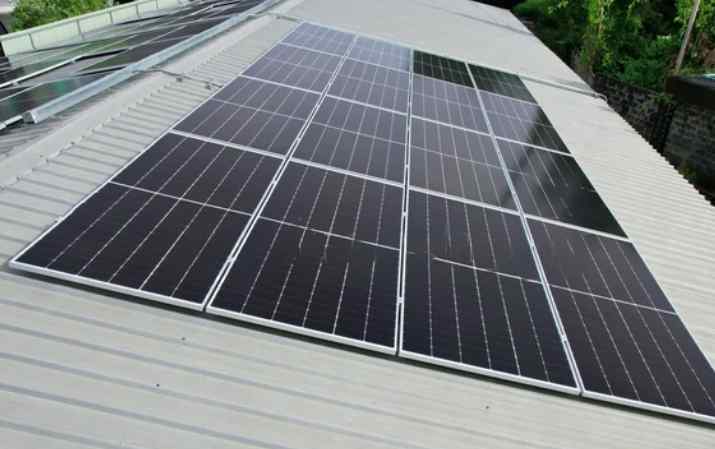
Types of Solar Panels: Which One is Right for You?
Table of Contents
Solar energy is becoming increasingly popular as a clean and renewable energy source. The main elements that capture and transform solar energy into usable power are solar panels, also called photovoltaic panels. Due to advancements in solar panel technology, many different types of solar panels are on the market.
Understanding which sort of solar panel will best meet your personal needs is vital because each type has different features, advantages, and limits. This thorough guide will examine the various types of solar panels and their unique features to assist you in making an informed choice for your solar energy needs.
How Many Types of Solar Panels?
Devices that turn sunlight into power are called solar panels. They are a common source of renewable energy used all around the world. There are various types of solar panels on the market, each with pros and cons.
Quality Service Guarantee Or Painting Free

Get a rental agreement with doorstep delivery

Find the BEST deals and get unbelievable DISCOUNTS directly from builders!

5-Star rated painters, premium paints and services at the BEST PRICES!
1. Monocrystalline Solar Panels
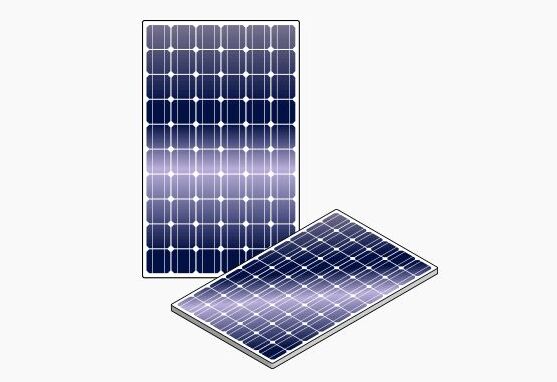
Monocrystalline solar panels are more effective at converting sunlight into electricity since they are constructed from a single silicon crystal. They have a uniform appearance and are all black. Solar panels made of monocrystalline material are more expensive than those made of other materials, but they are more effective and last longer.
2. Polycrystalline Solar Panels
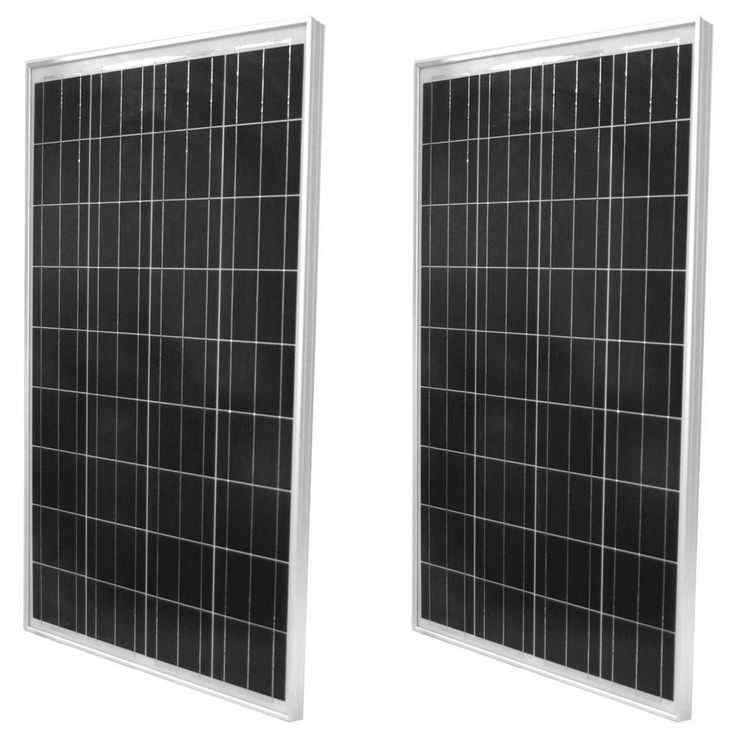
Because polycrystalline solar panels include several silicon crystals, they are less effective than monocrystalline solar panels. They have a blue colour and a speckled appearance. Although less expensive than monocrystalline solar panels, polycrystalline solar panels have a shorter lifespan.
3. Thin-Film Solar Panels
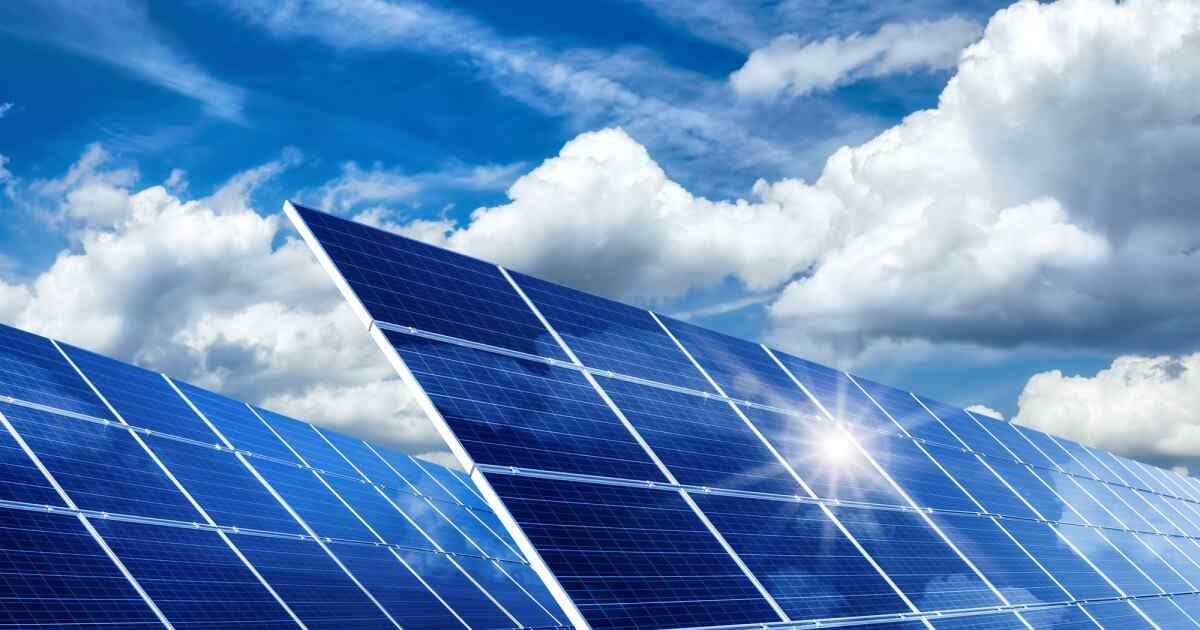
Thin-film solar panels use a different manufacturing process that involves depositing a thin layer of photovoltaic material onto a substrate such as glass or metal. This category includes various types of thin-film technologies, such as copper indium gallium selenide (CIGS), cadmium telluride (CdTe), and amorphous silicon (a-Si).
Thin-film panels have lower efficiencies compared to crystalline panels, ranging from 10% to 12%, but they offer flexibility, making them suitable for curved or irregular surfaces.
4. Bifacial Solar Panels
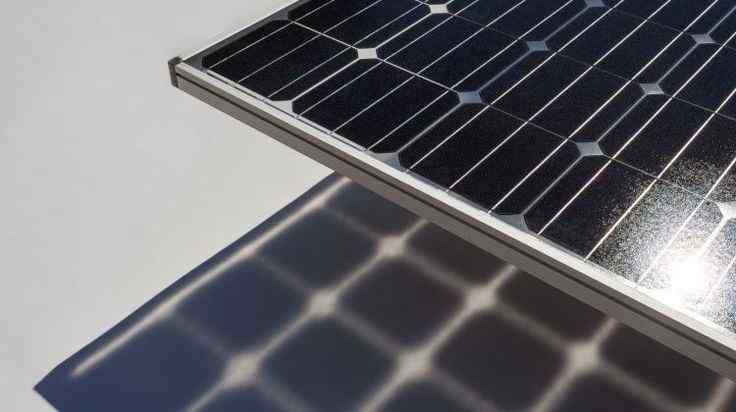
Bifacial solar panels are made to collect light from both sides of the panel. They have a transparent back sheet and are constructed of glass. Compared to monofacial solar panels, bifacial solar panels are more effective and can produce up to 30% more electricity. They cost more than single-faced solar panels but may offer a better return on investment.
5. Building-Integrated Photovoltaic Solar Panels
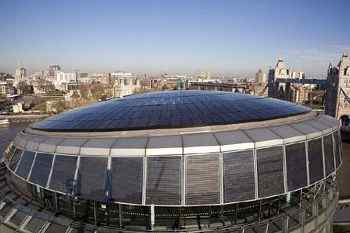
BIPV solar panels are made to blend in with the structure of the building. They can be utilised as roofing, facade cladding, or shading components. Although BIPV solar panels are more expensive than traditional solar panels, they can offer extra advantages like increased aesthetics and energy savings.
6. Concentrated Solar Panels, or CSPs
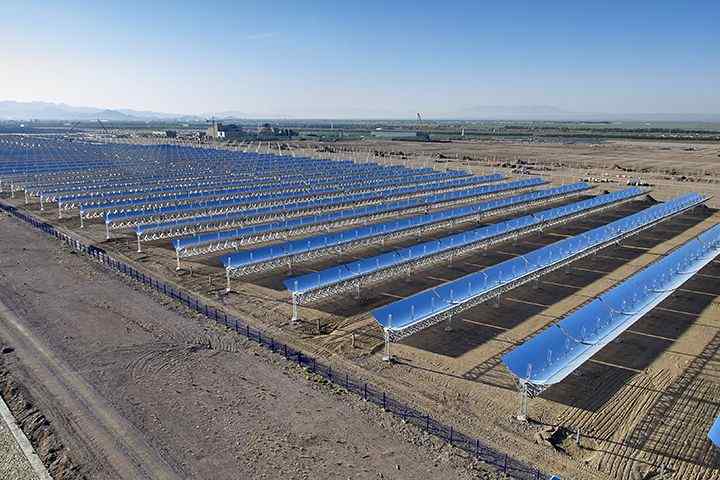
Utilising mirrors or lenses, concentrated solar panels direct sunlight onto a small area, creating heat that can be converted into electricity. Although concentrated solar panels are more expensive to produce and maintain, they are more effective than others.
7. Hybrid Solar Panels
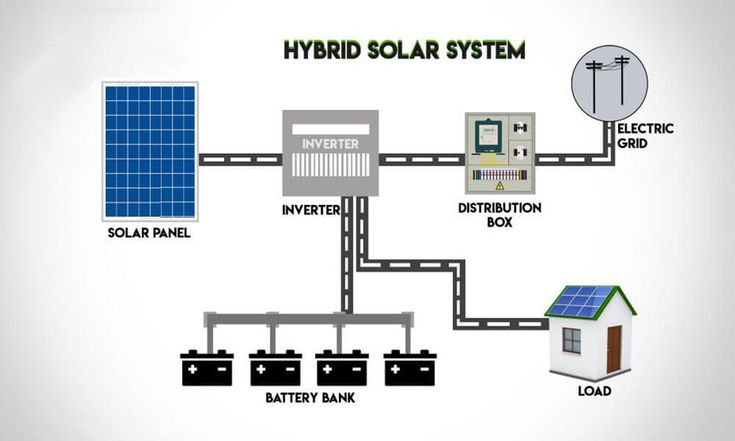
Hybrid solar panels, also known as PVT (Photovoltaic Thermal) panels, combine the benefits of solar photovoltaic (PV) panels and solar thermal collectors in a single unit. These panels consist of solar cells that convert sunlight into electricity, similar to traditional PV panels, as well as a thermal absorber that captures heat energy.
The thermal absorber in hybrid panels is designed to extract heat from the solar cells, which helps to cool them down and improve their efficiency. By utilising this heat energy, hybrid panels can generate electricity, hot water or even space heating while increasing the overall energy output of the system.
The captured heat can be transferred to a heat exchanger, which then transfers it to a water storage tank or a space heating system. This allows for the production of hot water for domestic use, radiant floor heating, or other thermal applications.
One advantage of hybrid solar panels is their ability to optimise space utilisation. By combining both electricity and thermal energy generation in a single panel, they require less installation space compared to separate PV and solar thermal systems.
8. Natural Solar Panels
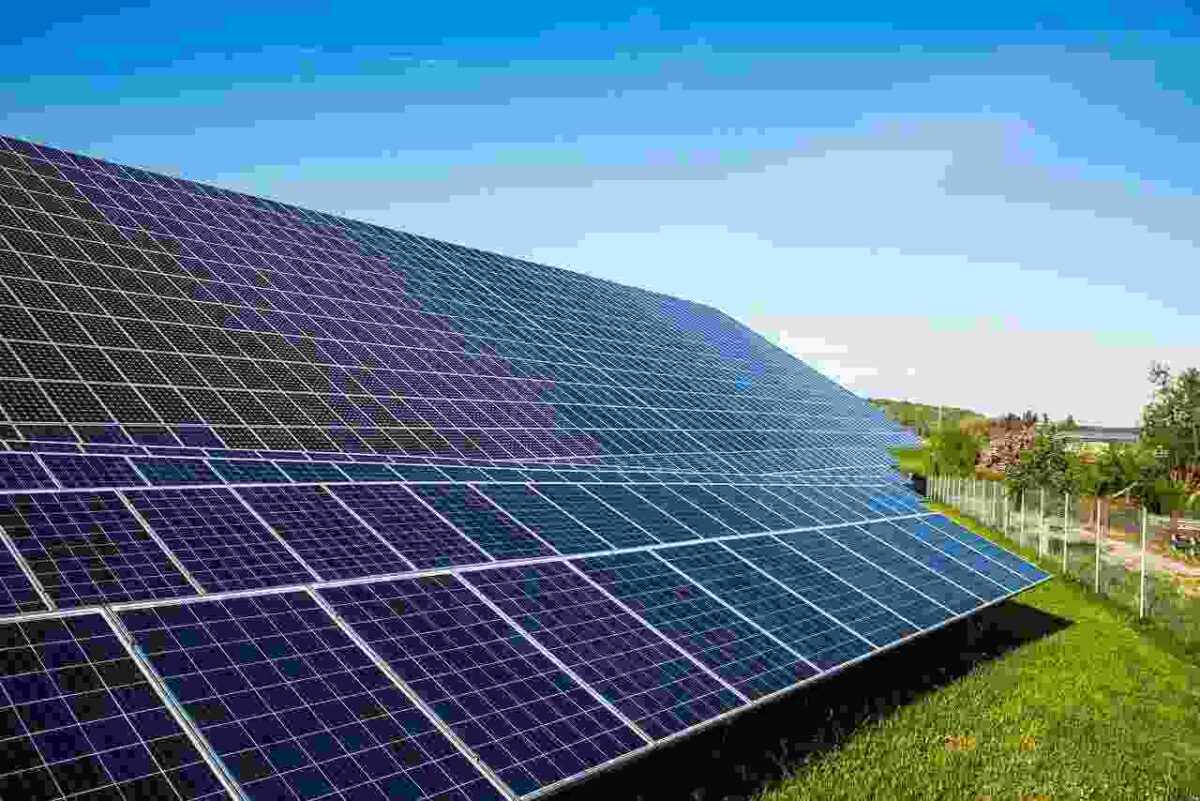
Natural solar panels, also known as organic or dye-sensitized solar cells (DSSCs), offer an innovative approach to solar panel technology. Unlike traditional panels, these panels utilize organic materials, such as dyes or pigments, to capture and convert sunlight into electricity.
Organic dyes or pigments in the photoactive layer of these panels absorb sunlight, creating an electric charge that is collected and converted into usable electrical energy.
Natural solar panels boast versatility in design, allowing for various shapes, sizes, and even colours. This flexibility opens up possibilities for integrating solar panels into diverse applications, including building-integrated photovoltaics (BIPV) and portable electronics.
While natural solar panels generally have lower efficiencies than traditional silicon-based panels, ongoing research aims to improve their performance and durability. They excel in low-light conditions and indirect sunlight, making them suitable for diverse environments.
Which Type of Solar Panel is Best for Home Use?
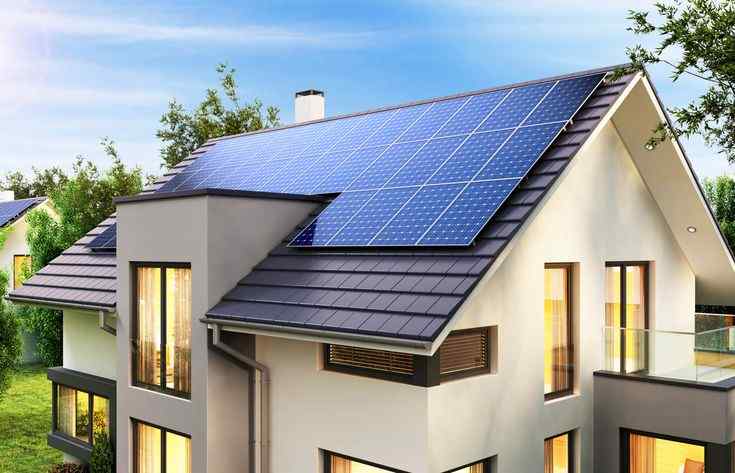
There are several things to consider when selecting the ideal solar panel type for home use. The following are some essential ideas to bear in mind.
- Efficiency: How much power a solar panel can generate from the available sunlight is referred to as its efficiency. Typically, monocrystalline, polycrystalline, and thin-film solar panels are the most effective solar panels.
- Space: The quantity of space that can be used for solar panels is a crucial aspect to take into account. Monocrystalline, polycrystalline, and thin-film solar panels are the most space-efficient solar panels.
- Price: For most households, the price of a solar panel system is a key factor. Thin-film and monocrystalline solar panels are often the most expensive, with polycrystalline solar panels coming in third.
- Durability: A solar panel's durability is crucial because it determines how long the system will survive. Polycrystalline, thin-film and monocrystalline solar panels are the three most resilient types.
- Aesthetics: Some homeowners may prefer solar panels that are more aesthetically pleasing or that fit in with the roof. Compared to conventional solar panels, thin-film solar panels and building-integrated photovoltaic solar panels are sometimes more aesthetically beautiful.
- Environmental aspects: The type of solar panel appropriate for home use depends on the local environment and weather. For instance, monocrystalline solar panels may be more appropriate than thin-film solar panels if you reside in a hot, sunny environment.
The finest solar panel for your home will ultimately depend on your needs and tastes. By speaking with a qualified solar installation, you may determine which solar panel is ideal for your house and budget.
Factors to Consider When Choosing Solar Panel
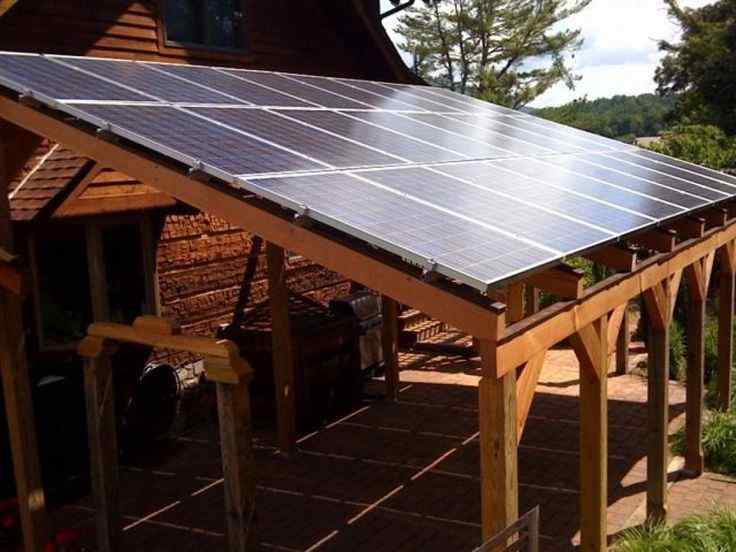
Let's examine the main variables to consider while selecting solar for your home.
1. Utilisation of Energy
Your energy usage should be considered before making a solar energy decision. It's crucial to comprehend your energy requirements and how much electricity you use every day, every month, and every year before investing in a solar system.
With this information, you can establish the size of the solar system necessary to satisfy your energy requirements and prevent buying a system that is either too big or too small.
2. Availability of Roofspace
Another vital aspect to consider when choosing solar is the amount of available roof space. Your solar system's size will be influenced by the quantity of accessible roof space, the roof's angle, and its direction.
For example, south-facing solar panels with an inclination of roughly 30 degrees are best positioned. Consider other choices, such as solar panels on a nearby structure or ground-mounted solar systems, if your roof is unsuitable for solar power.
3. Weather
Another vital consideration when choosing solar is the local climate. The effectiveness of your solar panels will be impacted by the amount of sunlight and local temperature, which will impact your ability to save energy.
For instance, if you reside in a region with high temperatures, consider solar panels optimised for hot climates. Similarly, if your area experiences a lot of rain or overcast days, you might need to invest in bigger solar panels to compensate for the diminished amount of sunlight.
4. Financing Alternatives
Another important aspect to consider when choosing solar is the cost of a solar system. Before buying a solar system, looking into all available financing options is important because they can be pricey.
For households, solar can be cheaper thanks to the many financing options solar providers provide, such as leasing or power purchase agreements. To make sure you can afford the investment, it's vital to consider the solar system's price and the financing alternatives available.
5. Quality of Solar Panels
Another crucial aspect to consider when choosing solar is the quality of the solar panels. The efficiency, toughness, and lifespan of the solar panels will depend on the quality of the panels.
Solar panels of higher grade are more effective, last longer, and need less maintenance than those of lower quality. Therefore, spending money on high-quality solar panels is crucial to get the most out of your solar investment.
6. Guarantee
Another crucial aspect to consider when choosing solar is the guarantee provided by the solar panel manufacturer. The warranty will safeguard you if the solar panels have flaws or issues. Therefore, picking a solar panel manufacturer with a strong industry reputation and a specific guarantee is crucial.
Maintenance and Care for Solar Panels
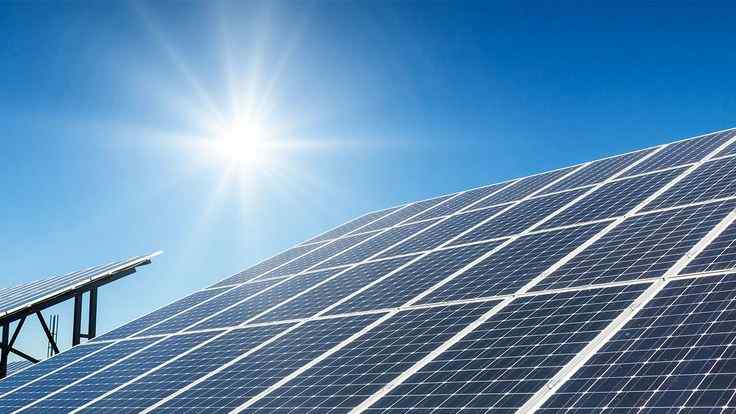
Here are some pointers to assist you in looking after and maintaining your solar panels.
1. Consistent Cleaning: Over time, dirt, dust, and debris can build up on solar panels, decreasing their effectiveness. Therefore, solar panels should be cleaned regularly to keep them operating efficiently. The panels can be cleaned with a soft brush and water or by hiring a cleaning company.
2. Examine the Shade: It's crucial to make sure that trees or other structures do not cover solar panels because shade might diminish their performance. Regularly inspect the solar panels for shadowing, and trim any bushes or trees that might be obstructing the sun.
3. Keep an eye on Performance: It is essential to monitor the solar panels' functionality to ensure they are operating properly. A solar panel monitoring system can be used to track the operation of the solar panels and identify any issues before they become serious.
4. Examine the Wiring: The solar panel system's wiring is a crucial component and a possible cause of issues. Check the wire frequently to make sure it is connected correctly and is not harmed.
5. Inverter inspection: The part of the solar system known as the inverter transforms the DC power produced by the solar panels into the AC power used in your home. To make sure the inverter is operating properly, check it frequently.
6. Examine the Roof: The roof has solar panels installed. Thus, it's crucial to check the roof frequently. First, examine the solar panels for any indications of damage or leakage that could impair them.
7. Inspect the Damage: Check the solar panels frequently for any indications of deterioration, such as cracks or scratches. If you see any damage, get the damaged panels repaired or replaced by a professional.
Anyone looking to switch to renewable energy sources should invest in solar panels. Depending on your demands and tastes, each type of solar panel has a distinct benefit. You may make an informed choice and choose the finest solar panel for your needs by being aware of the distinctions between each type of solar panel.
Using an online platform called NoBroker, homeowners can connect directly with tenants and buyers. NoBroker can assist you in locating the qualified specialists you need to complete your solar panel installation if you're a homeowner. Solar panel installation is only one of the hassle-free real estate services offered by NoBroker.

FAQs
The most popular solar panel types on the market today are bifacial, thin-film, polycrystalline, and monocrystalline.
Monocrystalline solar panels are more effective but more expensive because they are composed of single-crystal silicon. Polycrystalline solar panels, on the other hand, are composed of many silicon crystals, which reduces their efficiency but increases their affordability.
To be precise, the efficiency of thin-film solar panels is lower than that of monocrystalline and polycrystalline solar panels. However, they are better for some applications because they are lighter and more flexible.
Yes, bifacial solar panels are superior to conventional solar panels in their ability to produce electricity. In addition, they may generate power from both sides, soaking up more sunshine and producing more energy.
Yes, you can combine various solar panel types in a single solar panel array. However, to prevent any problems caused by incompatible performance, it is advised to utilise panels with comparable specs and performance traits.
Loved what you read? Share it with others!
Most Viewed Articles

15 Safety Rules at Home for Kids
May 18, 2020
418950+ views
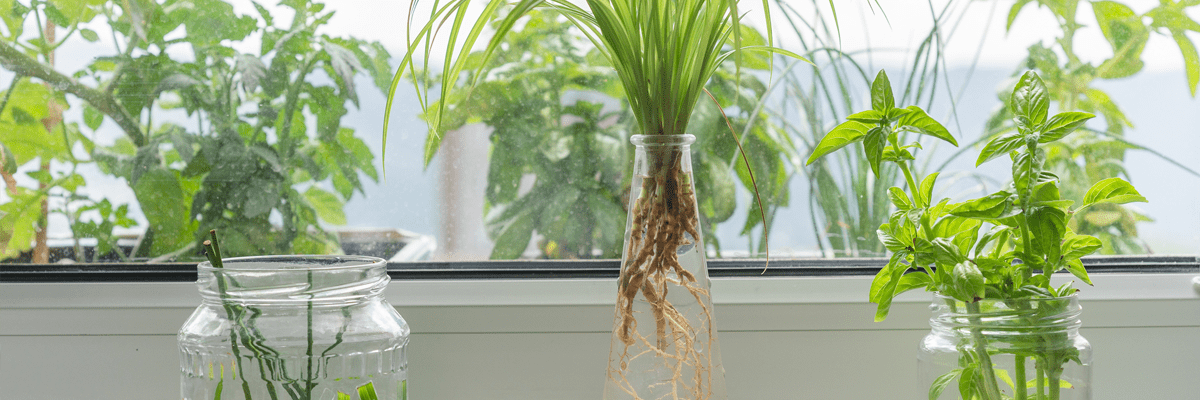
Plants That Need Only Water to Grow and How it is Different from Hydroponics
July 27, 2023
123208+ views

Kutcha House - Construction, Purpose and Significance!
January 15, 2025
57637+ views

10 Best Ways to Get Rid of Houseflies at Home: DIY & Quick Fixes for 2026
January 31, 2025
51749+ views

Best Out-of-Waste Ideas to Decorate Your Home
January 31, 2025
47428+ views
Recent blogs in
How to Start a Terrace Garden - Ideas & Design Guide 2026
August 20, 2025 by NoBroker.com
Indoor Gardening Tips & Techniques for Beginners
August 20, 2025 by Anda Warner
5 Budget-Friendly Ways to Decorate Your Balcony
January 31, 2025 by NoBroker.com
How to Keep Your House Smelling Good All the Time?
January 31, 2025 by NoBroker.com
DIY Christmas Decoration: Tree Craft and More
January 31, 2025 by NoBroker.com









 Full RM + FRM support
Full RM + FRM support
Join the conversation!